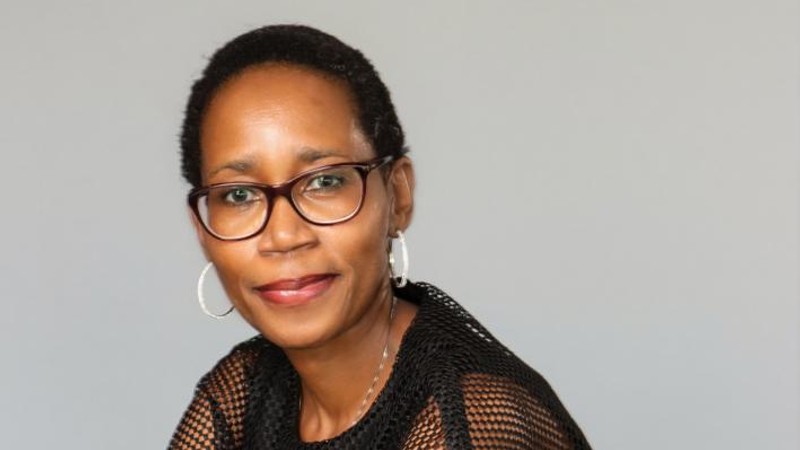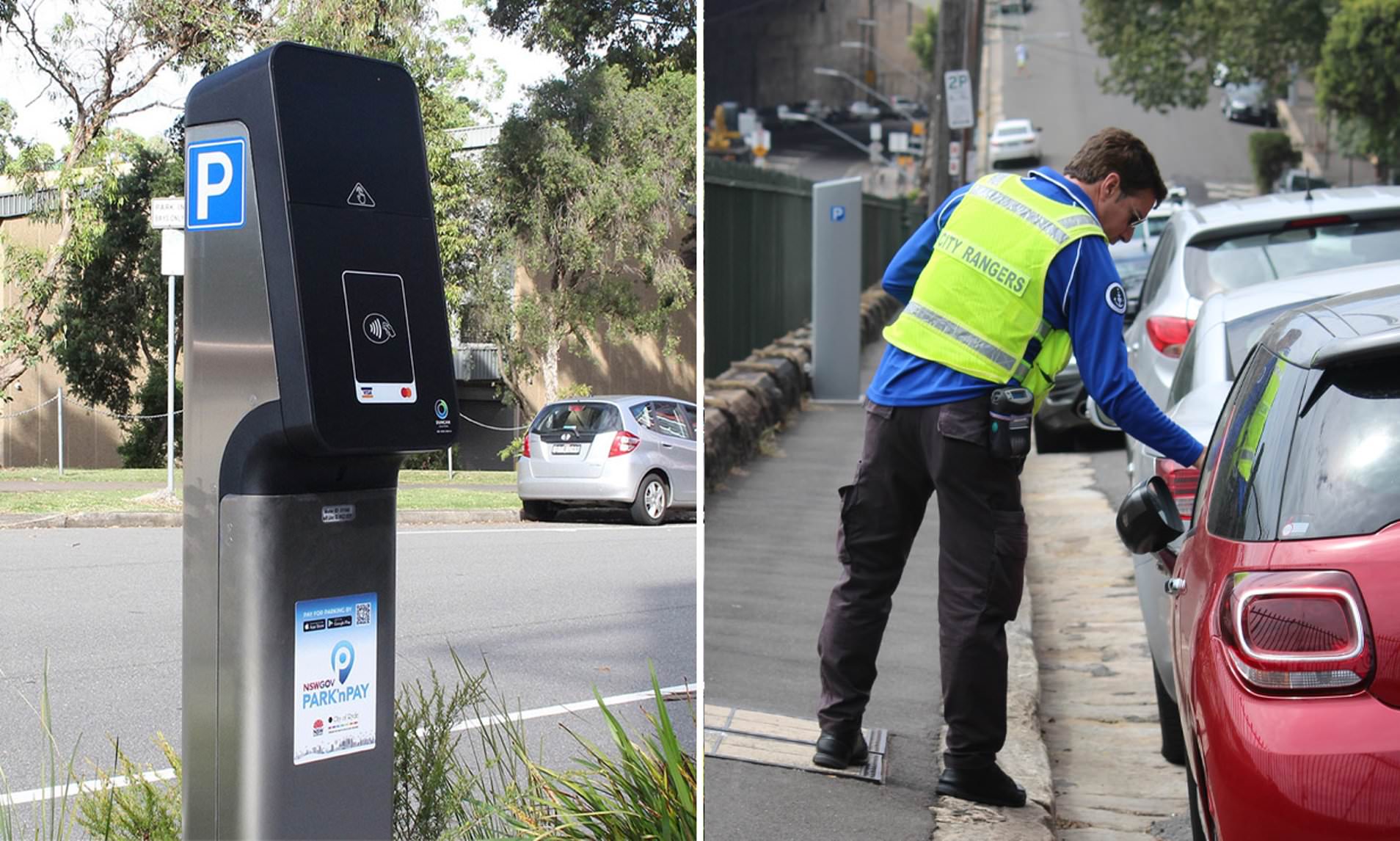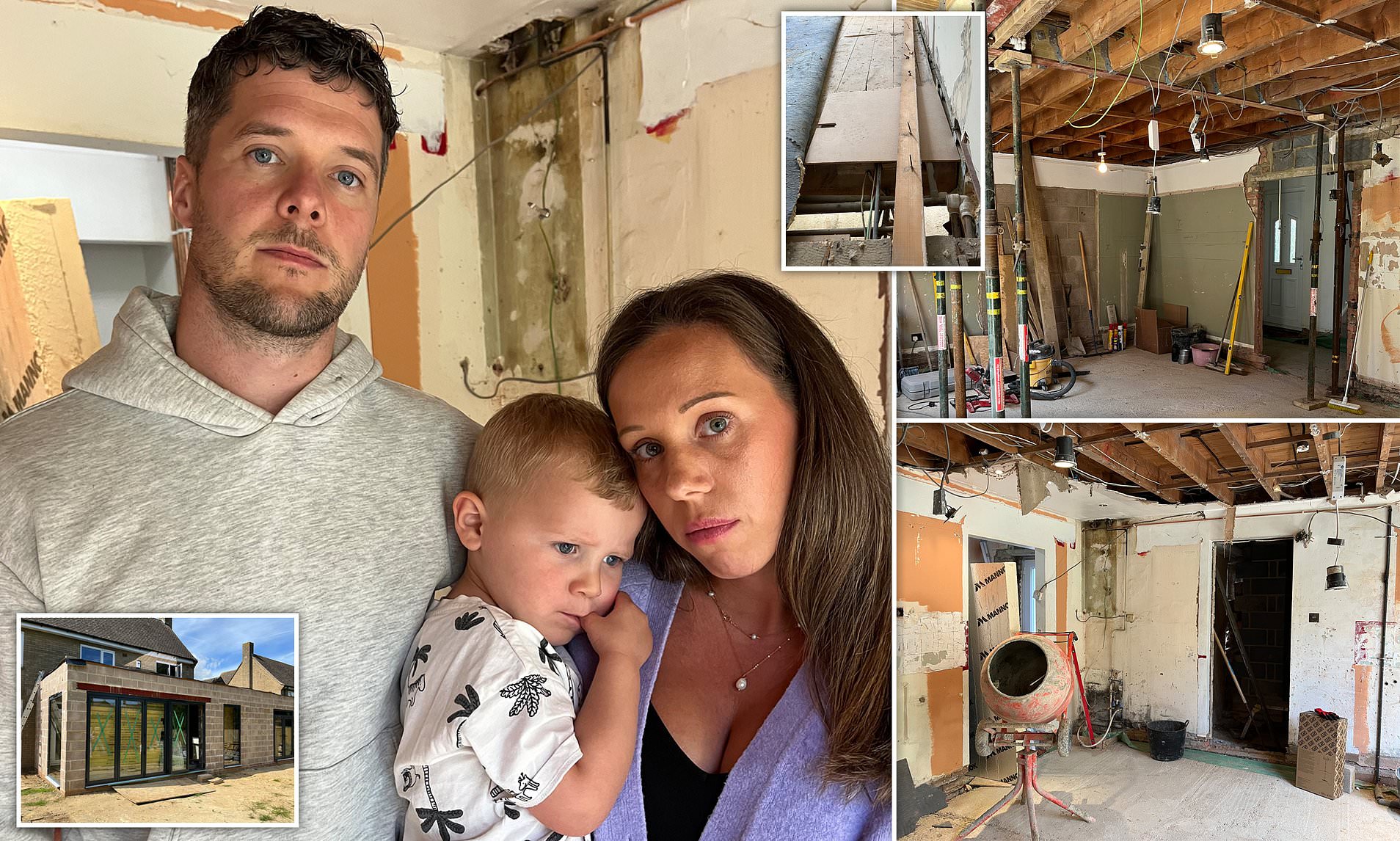
UNLOCKING OUR YOUTH’S POTENTIAL THROUGH COLLABORATIVE EDUCATION INITIATIVES
Takalani Netshitenzhe
In South Africa, our youth represent a significant portion of our population yet they face daunting challenges in the labour market.
The unemployment rate for those aged between 15 and 34 years stands at a staggering 45.5%. The statistic highlights a pressing need for targeted interventions, with education a vital strategy to combat the crisis.
The link between education and employment is undeniable. Individuals with higher levels of education are more likely to secure and maintain employment than their peers without matric.
Education plays a pivotal role in equipping young people with the necessary skills and abilities for career success later in life and contributing to an equitable society. If we are to tackle the scourge of youth unemployment, we need to promote access to quality education for young people.
Since the end of apartheid, the government has made strides to bridge disparities in our education system, particularly for historically disadvantaged population groups.
However, with more than a third of young South Africans not in employment, education or training, a collective effort is needed to accelerate meaningful change in our education system and maximise impact.
Using its capabilities, the private sector has an opportunity to partner with the public sector to support transformative educational initiatives, contributing to a skilled workforce and socio-economic development in our country.
To achieve quality education, learners and educators need a safe, conducive environment in which to learn and teach. Unfortunately, many schools in South Africa lack adequate infrastructure and educational materials, especially in rural areas.
Private sector investment can help overcome the deficiencies by upgrading facilities, installing security and providing learning resources. This includes implementing digital technology and digital literacy training to equip pupils with relevant skills for future employment.
At Vodacom, we have partnered with the Department of Basic Education to develop a comprehensive education ecosystem that promotes access to quality education.
Within the model, we have supported Schools of Excellence (SoEs) at the secondary school level with technology, infrastructure and psychosocial interventions, so pupils and teachers have the best tools and learning conditions to enhance academic performance.
Since 2018, we have expanded SoEs from 13 to 25 across the country, benefiting thousands of learners nationwide.
To meet job market needs, the curriculum needs to focus on industry-relevant skills. The private sector can help integrate programmes in science, technology, engineering and maths (Stem), alongside initiatives like career guidance, work experience and entrepreneurship development, to widen employment possibilities.
As part of Vodacom’s education ecosystem, we have launched the Virtual Classroom solution in under-resourced schools, which provides connectivity, digital equipment and training, and includes a robotic and coding component. We have also empowered almost 6 000 teenage girls in coding basics, life skills and career exposure through our Code Like a Girl programme, which aims to dismantle gender stereotypes that exist around Stem.
Businesses can promote inclusivity and enable talented individuals from disadvantaged backgrounds to access quality education by offering scholarships and bursaries. Then beyond graduation, joint strategies between the public sector and private sector need to be in place to open doors to employment, further education or self-employment for young people with qualifications. Providing the support is crucial if we are to have a capable workforce who can participate in, and grow, the economy.
The success of our Youth Academy demonstrates how the collaboration can make a positive difference in the lives of young people. Established in partnership between Vodacom, Cisco, MICT-Seta and the Department of Basic Education, the academy has equipped 2 000 unemployed youth from impoverished backgrounds with ICT skills.
After graduating, the young people have the potential to be offered internships and workplace experience, including in Vodacom’s programmes as paid ICT youth co-ordinators and training facilitators, fostering further youth engagement with ICT skills.
While the government has a responsibility to improve access to quality education, the private sector’s support of education initiatives is indispensable. We need to work hand in hand if we are to unlock our youth’s potential and create a brighter, more equitable future for all South Africans.
Netshitenzhe is director of external and regulatory affairs for Vodacom South Africa
2024-06-26T11:42:41Z dg43tfdfdgfd











